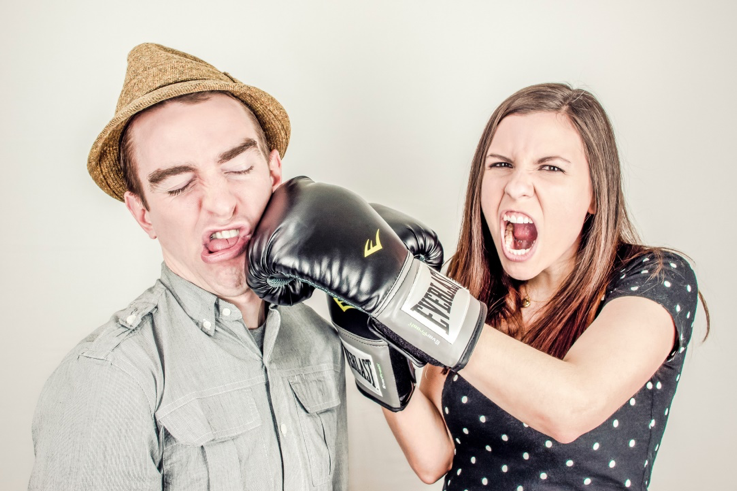There are important lessons we can learn about avoiding abusive dating relationships here:
- If you have had an abusive or controlling parent you will be more likely to choose that in a mate, unless you have worked on this issue. My book ‘Dating from the Inside Out’ explores this in more depth, in the Unconscious Dating section. So please be aware if you are falling in this trap and repeating old patterns.
- Good relationships allow room for both people to honor and express their voice and needs. If your partner never listens to you, look for signs to see if your relationship is abusive. In a healthy relationship, differences are honored and partners learn to compromise to meet both people’s needs. If it is all one-sided something is wrong.
- Violence is never acceptable in a relationship. If physical coercion is used as a way to make you conform, walk away and seek help if you need it.
- Emotional abuse can take the form of constant criticism and the abusing partner will try to tear you down and lower your self-esteem so you look to them for self-definition. If this is happening, you need to really look at who you are, decide for yourself and choose if this is healthy to be around.
- If you begin to feel that you cannot survive without that other person, this may be a sign that the relationship is abusive. You need to remember that you had a life before him or her and you can have a life without them again. It may help to get some physical and emotional distance to see what you want to do instead.
Some Characteristics of some Abusers:
- Build you up and then down
- Criticize and condemn you
- Give mixed messages and false promises
- Self-centered
- No anger management and can be violent
- Low self-esteem
- Demanding, possessive and rigid
- Childish
- Controlling and sometimes jealous
Some Characteristics of some Victims of Abusers:
- Often isolated
- Feel powerless
- They put other’s needs first
- Low self-esteem
- Peacekeepers
- Can be dependent
Have had experiences of control in the past
If you find that you are in a relationship with some of the qualities described please seek help and explore it with a qualified outside counselor. When you are ‘in love’ it is often hard to be objective and to make choices for the good of yourself, rather than the other person. Look at your resources and try to lean on the other people around you who want what is best for you. When you keep it a secret (due to shame, fear and guilt) it entraps you more into that relationship with just your partner. So take a good look and determine whether you are on a healthy path that leads to love and not fear.
My Best in Love,
Paulette

